Paula Whitman
Leadership in
Gender Equity
Prize
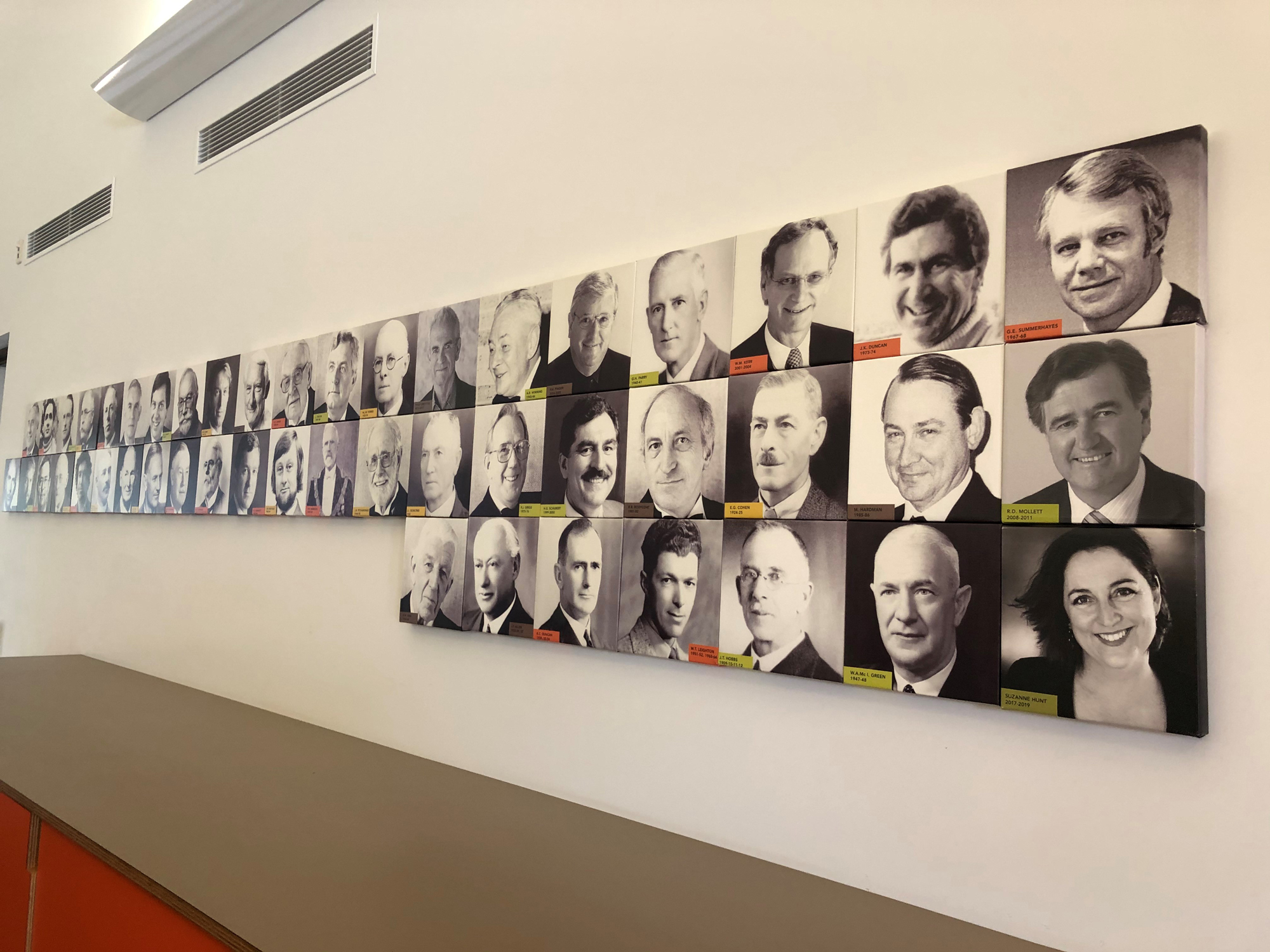
Promoting leadership in gender equity
About the prize
The Leadership in Gender Equity Prize recognises exceptional leadership and outstanding contribution of an Institute member, to the advancement of gender equity in architectural practice, education and governance.
It is named after the late Paula Whitman, Queensland architect, university professor and renowned advocate for gender equity in the profession whose 2005-study, Going Places: The Career Progression of Women in the Architecture Profession, is considered one of the most important documents in understanding the expectations of women in architecture.
An initiative of the Institute’s National Committee for Gender Equity.
Entrants must be financial members of the Institute.
2026 Entries opening mid year.

find out more
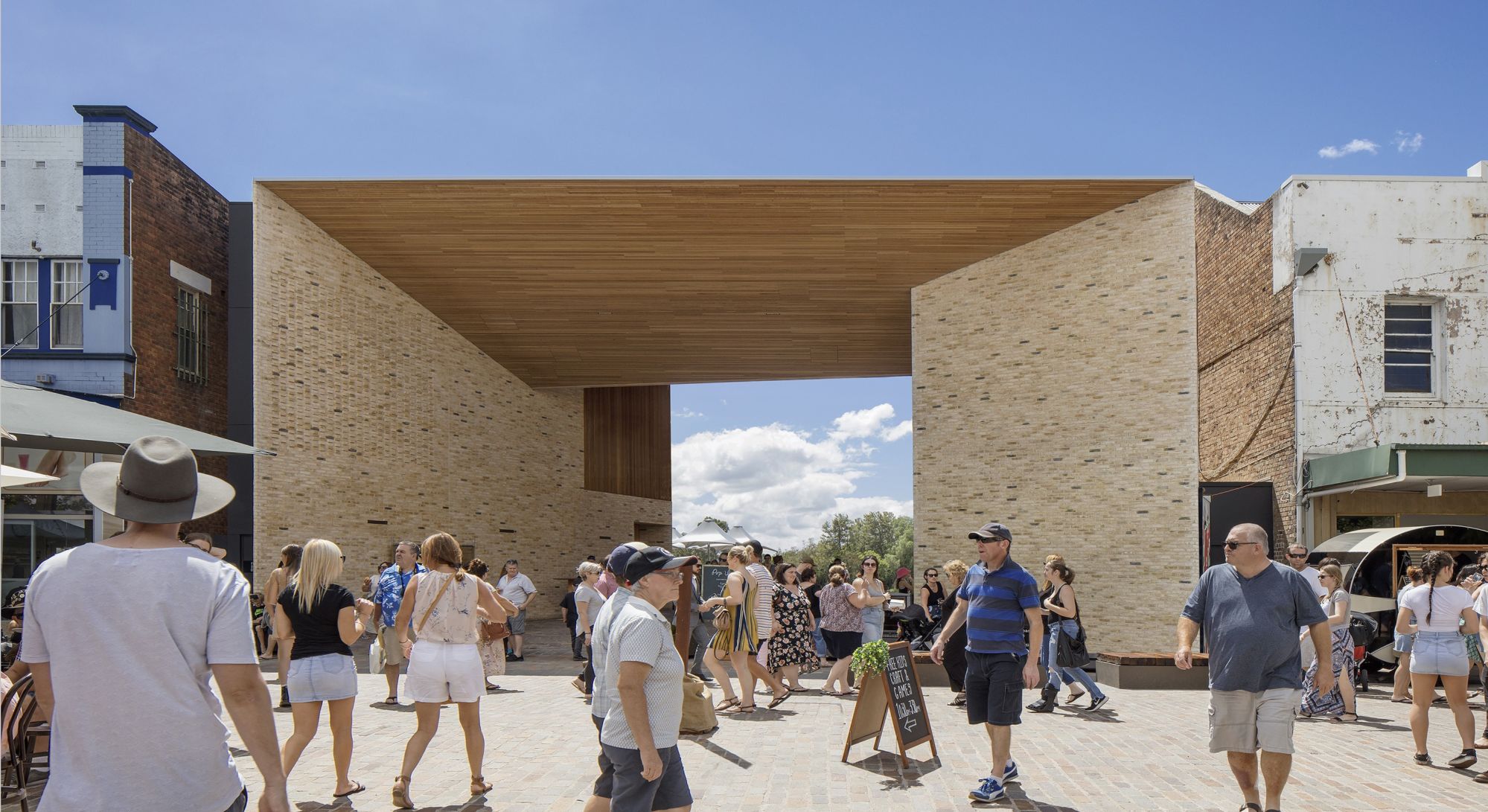
Individuals or groups demonstrating exceptional leadership and an outstanding contribution to the advancement of gender equity may be nominated or may apply.
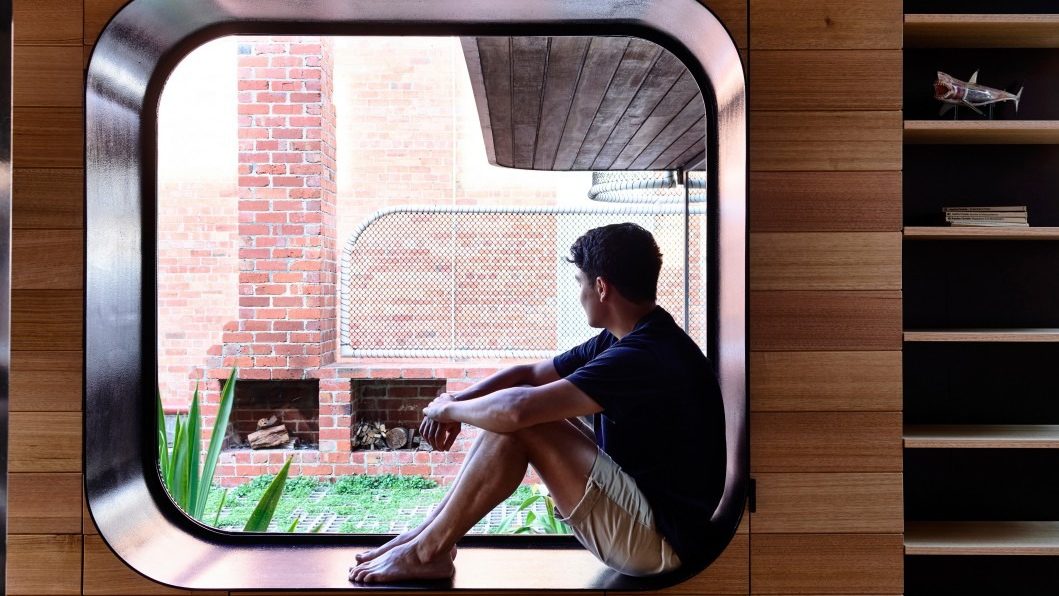
The Prize will be awarded based on demonstrated national or international peer recognition of a contribution to the advancement of gender equity in architecture
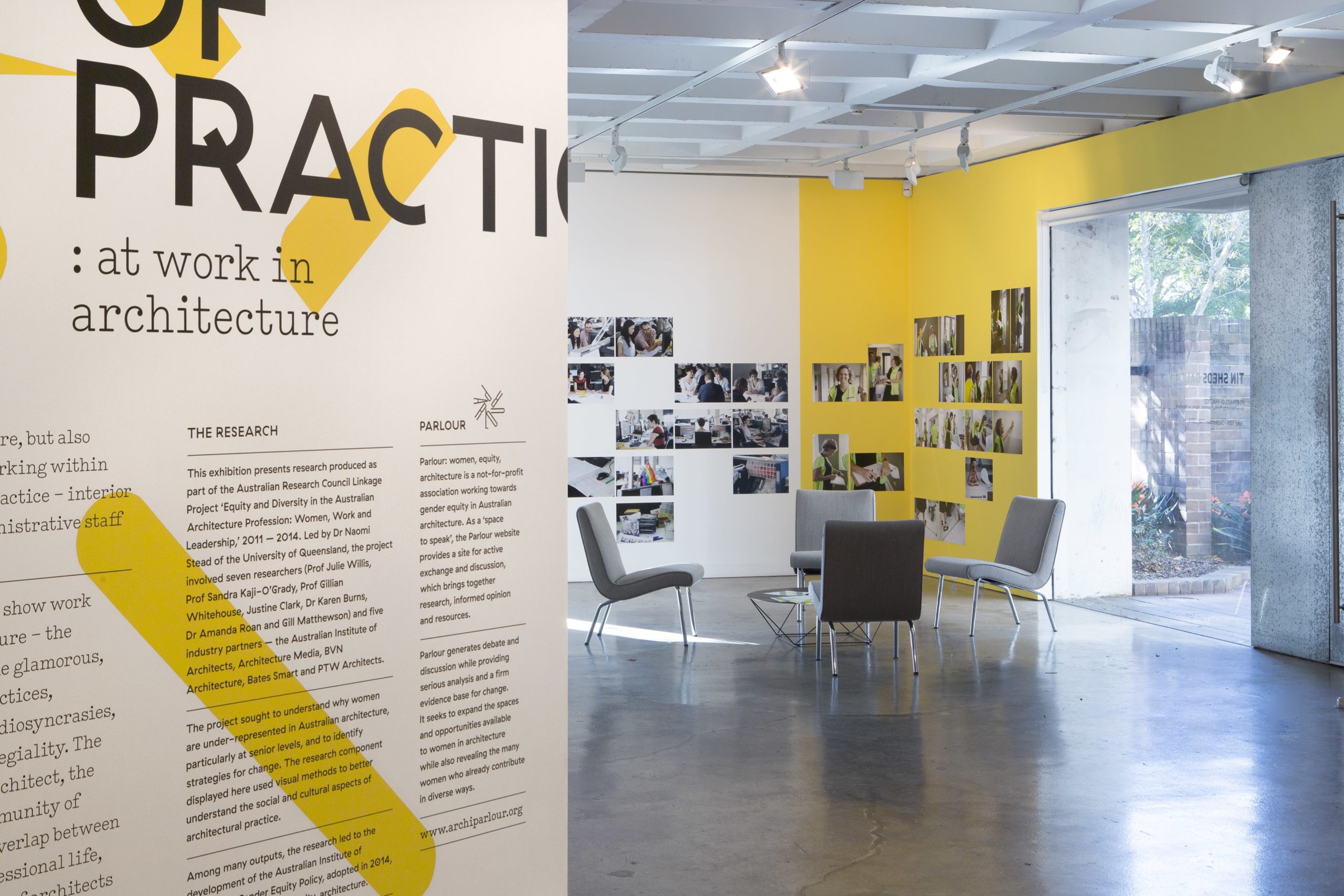
The prize will operate similar to the format of the Architecture Awards where Chapters call for entries in their Chapter.
Eligibility
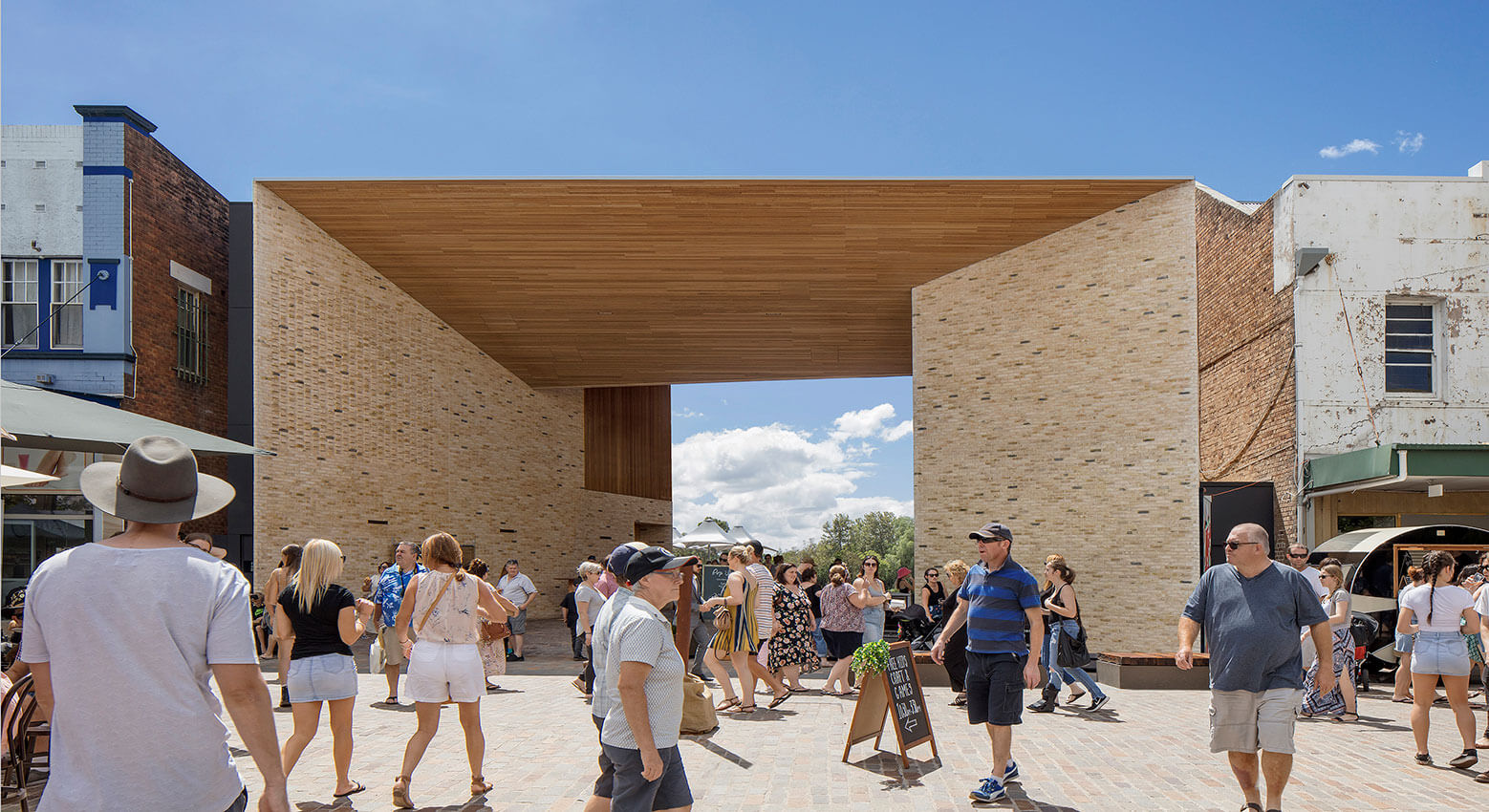
Who can participate
Individuals and/or groups demonstrating exceptional leadership and an outstanding contribution to the advancement of gender equity may be nominated or may apply (self-nominate) for the prize.
Entrants must be financial members of the Institute.
Nominations are sought for excellence in achievement in one or more of the following areas:
- Creation and advancement of knowledge through research and education
- Development and deployment of effective advocacy and policy
- Development and implementation of effective practice, engagement of industry and/or community
Judging criteria
Participation requirements / What we look for
The Prize will be awarded based on demonstrated national or international peer recognition of a contribution to the advancement of gender equity in architecture through:
- Education
- Research
- Advocacy
- Policy development
- Community engagement
- Leadership


STRUCTURE
The prize will operate similar to the format of the Architecture Awards where Chapters call for entries in their Chapter. Entry at a Chapter level will be made via a two-step process. Firstly Institute members will be asked to nominate (or self-nominate) an individual or collaboration via the online form. Secondly, the nominee will be notified when a nomination is made. Should they wish to accept the nomination; the nominee will be asked to submit additional entry material via the online form.
All nominees will be invited to complete their submission once the nomination period has closed. Once the entry period has closed, Chapter Council or Honours Committees in each Chapter shortlist a maximum of 3 entries to progress to National judging. (Note: in NSW the Marion Mahony Griffin Award will be the feeder from NSW Chapter). The National winner will then be announced at the National Conference annually in May.
All Chapter entries can stay on a register for three consecutive years before lapsing or requiring re-nomination.
TIMELINE
TIMELINE
- 13 May – 31 July – call for entries at the Chapter level (without awarding a Chapter prize)
- September – Chapter Council/Honours Committees in each Chapter judge their entries and provide their shortlist (maximum of 3 entries) for National judging.
- October – National Jury meet to consider the shortlist and select a National winner
- November – Prepare for National winner’s announcement for May. Winner will be included in prizes edition of AA in the following year.
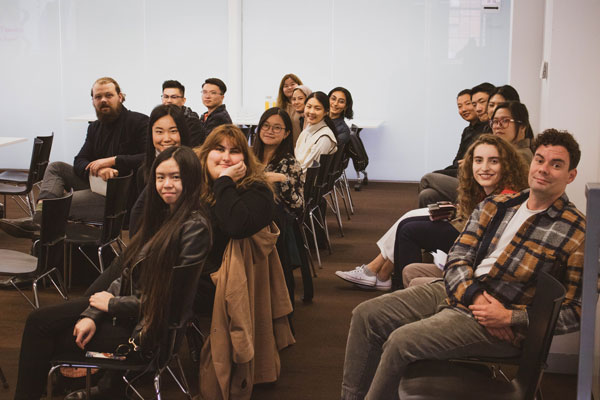
Submit the Following
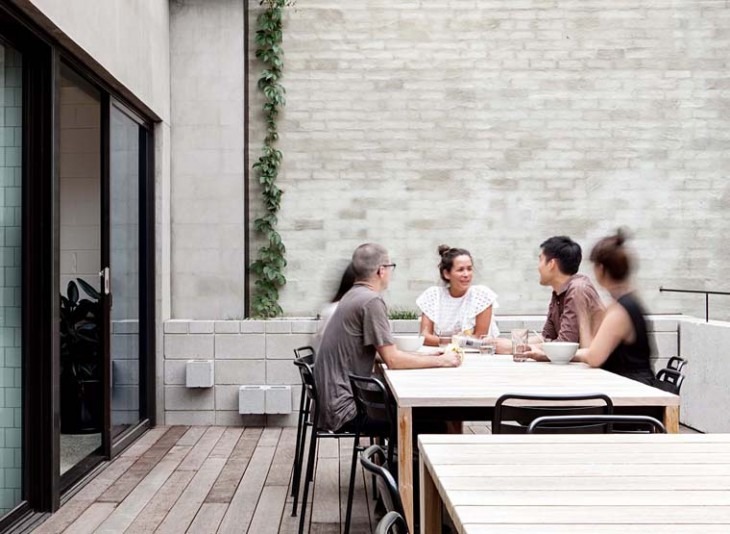
entry material
Submissions are made via an online portal and each nomination is required to provide relevant supporting material that addresses the judging criteria, including:
- A statement of excellence addressing one or more of the eligibility criteria (creation and advancement of knowledge through research and education, development and deployment of effective advocacy and policy, and development and implementation of effective practice, engagement of industry and/or community). The statement should be a maximum of one A4 page and be in a format suitable for publication.
- Address the Judging Criteria; each relevant Judging Criterion (education, research, advocacy, policy development, community engagement, leadership) individually with each as its own subheading. Total length of no more than two A4 pages.
- A curriculum vitae (CV) of no more than two A4 pages, referencing the nominee/s’ educational qualifications, career history, positions and experience.
- Contact information of two referees / nominators. If you are self-nominating, please provide the contact information of two referees. If you are nominating someone please provide contact information of two nominators. These may be the same or different from your references.
- An image of yourself or the group.
2024 winner
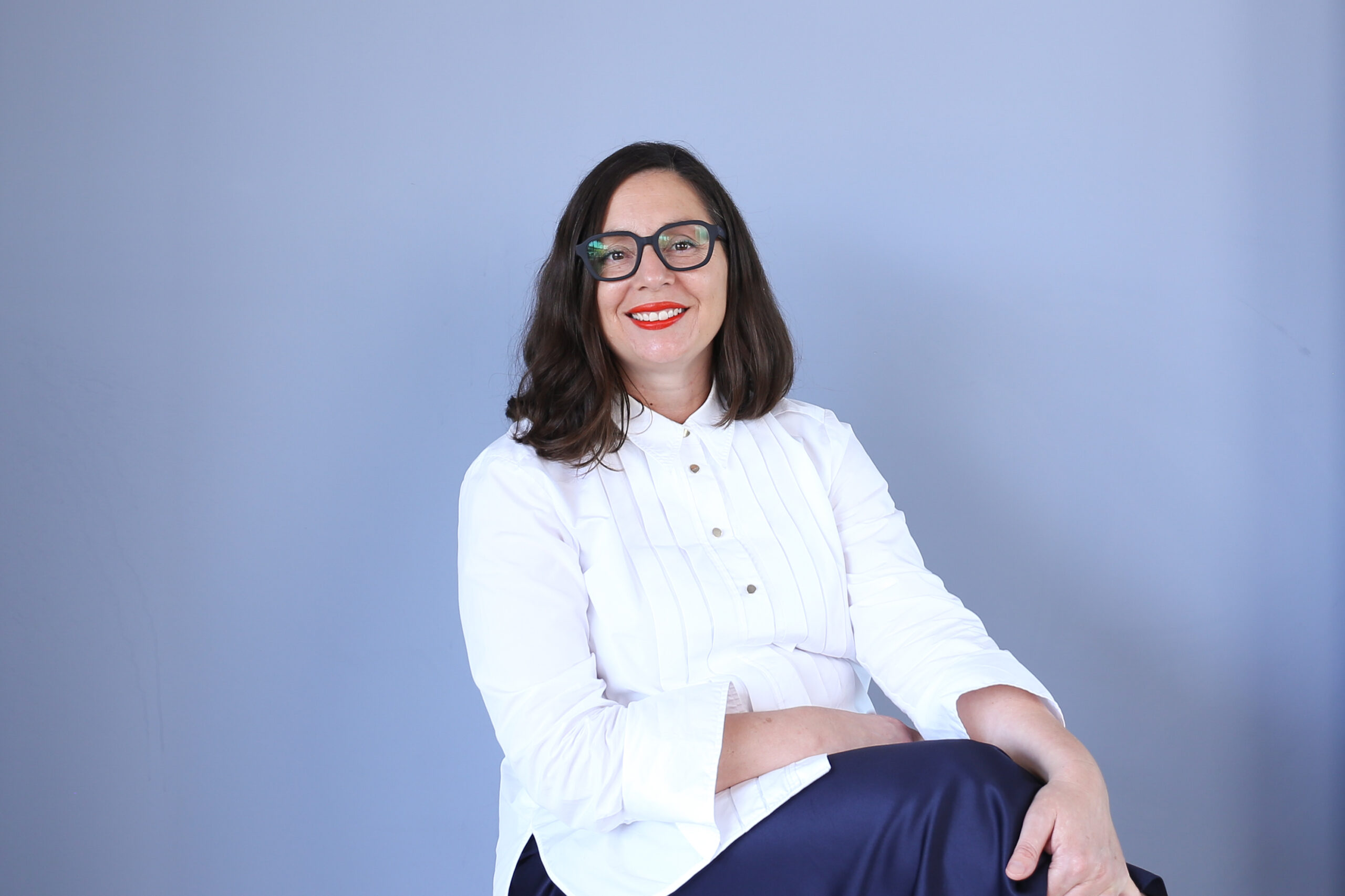
Congratulations MONICA EDWARDS
A mid-career architect practising in Sydney with a tremendous portfolio of significant, awarded projects, Monica Edwards has demonstrated a commitment to gender equity based on a top-down and a bottom-up approach. She was an inaugural member of the New South Wales Chapter’s Gender Equity Taskforce (GET) in 2011 and has continued to contribute as a member of the National Committee for Gender Equity. Edwards’ top-down work includes her impactful collaboration with the Champions of Change Coalition. As an Implementation Leader and Specialist Advisor with the Champions of Change Architecture Group, she was central in developing toolkits or flexibility in practice; providing a generous, non-gendered parental leave scheme; developing programs for mentoring and sponsorship; addressing sexual discrimination; recognizing
domestic and family violence as a workplace issue; and building frameworks that ensure a diverse talent pipeline. Her work with the Champions and GET resulted in collaborations with Parlour that have helped to radically alter practice across Australia.
As an architect in practice, Edwards has taken a bottom-up approach to building workplace policy that is fair and practical. Through small, incremental moves over a long period, she has helped to reframe the way we deliver architecture, resulting in women’s representation at every level of leadership. Edwards has worked consistently as a tutor at UTS, and as a researcher and writer. The jury was particularly impressed by the span of her contributions, and her determination to push the ball forward within practice, as a mentor, as a teacher and as a policymaker.
– Jury Citation
Jury:
Peter Hobbs (Chair) | Immediate Past National President Representative, Australian Institute of Architects | Peter Hobbs Architect
Marika Neustupny | National Committee for Gender Equity, Co-Chair | NMBW Architecture Studio
Maryam Gusheh | Parlour Representative | University of Melbourne
Tiffany Liew | EmAGN President, Australian Institute of Architects | Andrew Burns Architecture
Thomas Hungtingford | SONA President, Australian Institute of Architects
2023 winner
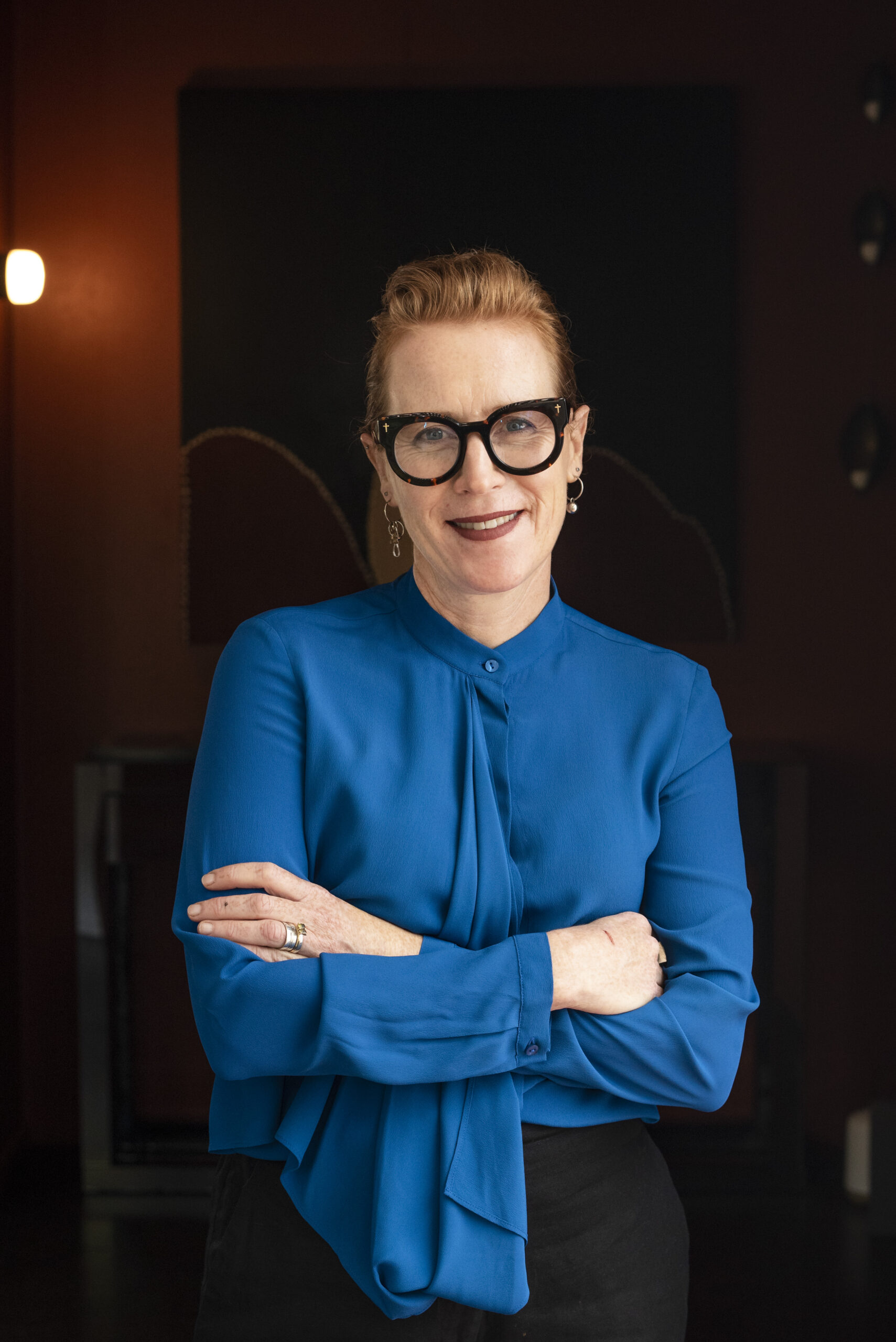
Emma Williamson
Established in 2017, the Paula Whitman Leadership in Gender Equity Prize is awarded to a person who has demonstrated exceptional leadership and made an outstanding contribution to the advancement of gender equity in architectural practice, education, and governance. Awarded in 2023 to Emma Williamson, her contribution to our profession embodies the very definition of this Prize.
Throughout her career, Williamson has advocated for gender equity and diversity, educating the profession on our ethical responsibilities and moral obligations. She has also demonstrated the value of this advocacy through a more relevant model of practice that builds on these core values.
Williamson’s reflections on the imbalance and inequities apparent on social and business fronts have resonated both inside and outside of our profession. At the same time, they have empowered an intergenerational discourse that encourages equity in all aspects of what we do.
Leadership requires the strength to point out the obvious (often through personal experience). Building upon Paula Whitman’s legacy, Williamson has exhibited the courage to reflect on the imbalance that has occurred and the conviction to ensure we advocate for equality.
– Jury Citation
Jury:
Tony Giannone (Chair) | Immediate Past National President, Australian Institute of Architects | Tectvs
Marika Neustupny | National Committee for Gender Equity, Co-Chair | NMBW Architecture Studio
Professor Julie Willis | Parlour Representative | University of Melbourne
Tiffany Liew | EmAGN President, Australian Institute of Architects | Andrew Burns Architecture
Nicole Mesquita-Mendes | SONA President, Australian Institute of Architects
2022 winner
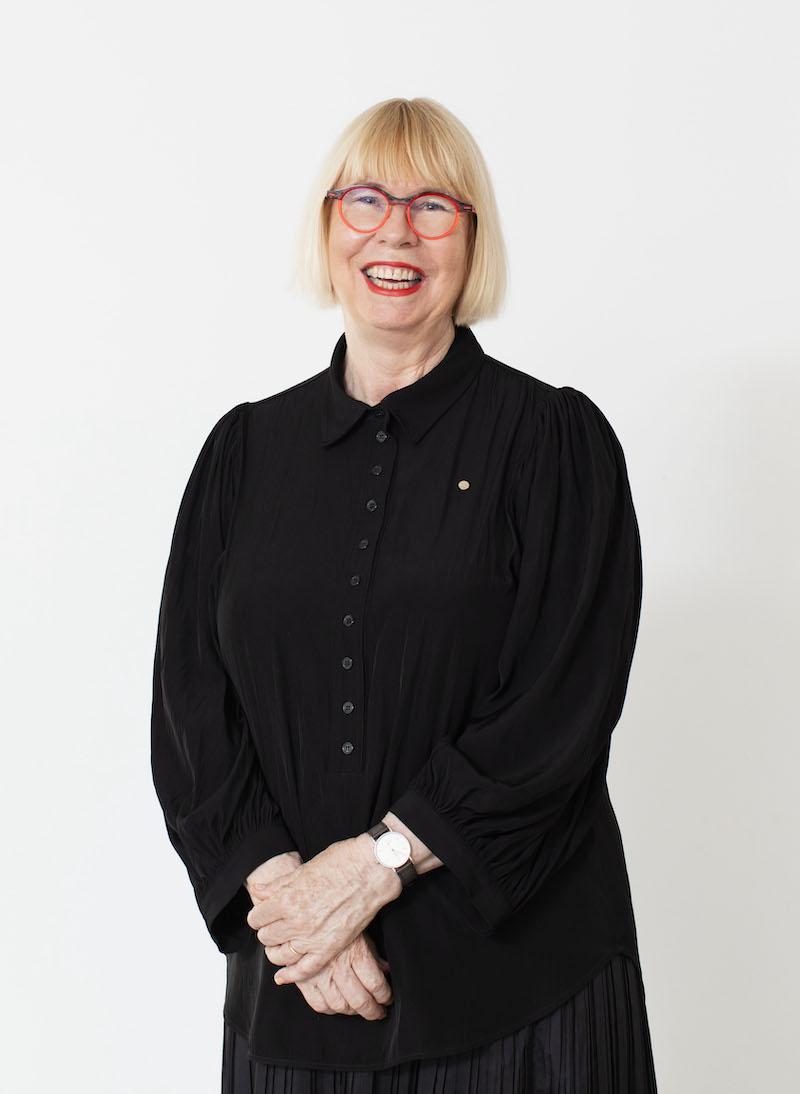
Congratulations Fiona Gardiner
Fiona Gardiner is a pre-eminent and respected role model for women who has consistently demonstrated relevant, sustained and active leadership. She completed her architecture degree at the University of Queensland in 1978, graduating with only two other women and despite the obstacles for women in the construction industry at that time. She completed a master’s degree in conservation at York University and returned to Queensland with this expertise at a time when the state’s historic buildings were under threat from the Bjelke-Petersen government.
Gardiner navigated a challenging working environment in the public service with professionalism and grace, showing the world that women were valuable team members and great leaders. She advocated for other women and worked to develop and implement non-discriminatory policies.
Gardiner went on to become the chief executive officer and director of heritage at the Department of Environment and Science. Awarded the Public Service Medal, she created a flexible work environment for employees to accommodate family demands. She has contributed to the identification and promotion of the hidden heritage of women in Queensland architecture through exhibitions, heritage listings and the protection of their work. She has helped to develop official policies promoting heritage protection within government agencies and the local community over many decades. She further lifted the profile of heritage through partnerships she formed across government, communities and universities. The Fryer Library at the University of Queensland, where Gardiner is an adjunct professor, has benefitted enormously from her heritage research.
In 1983, Gardiner was the inaugural president of Women in Architecture, a group formed to raise the profile of women architects through exhibitions, events and radio interviews. She was involved in the first women architects’ exhibition and arranged for female architect international speakers at local conferences. These early years of promoting women architects provided the foundations of an attitude that has been fostered since then and passed on to the many women who have encountered her.
– Jury Citation
2021 winner
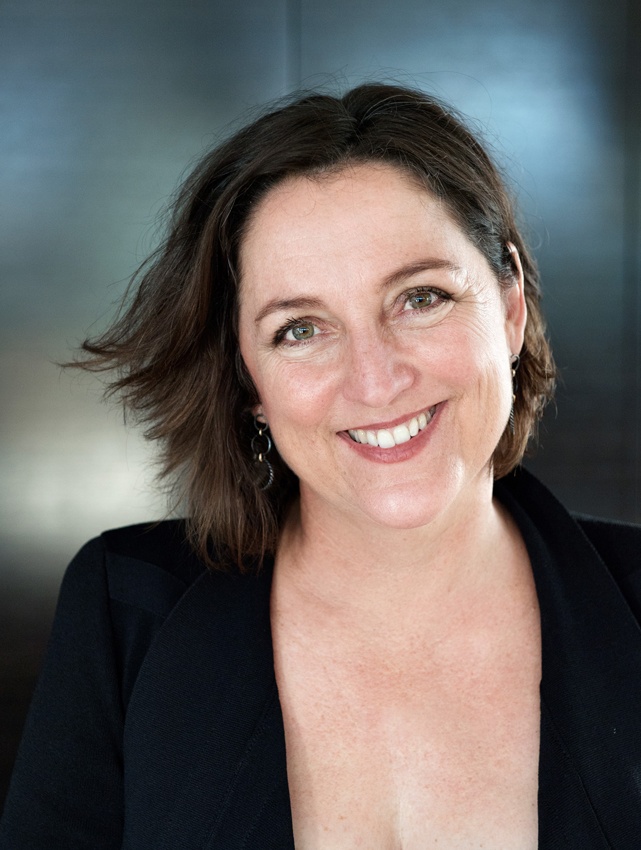
Congratulations Suzanne Hunt
Suzanne (Suzie) Hunt is an exemplary role model and mentor who gives freely of her time to deliver a pathway and vision for recognition, representation and visibility, with promising outcomes for women in the profession.
An engaged agitator in the policy arena and an often-provocative public speaker determined to improve opportunities for all professionals, she effectively advocates on issues that improve gender balance and the welfare of women and families.
Suzie’s discourse is well-informed by research and data. Disseminated through print, radio, television and social media, she utilizes her natural charisma to reach new audiences, advancing the cause and understanding of architecture.
The first woman to serve as WA Chapter President, Suzie led by example to re-engage disconnected members and provide them with recognition as Fellows, increasing visibility and reinforcing the value of women leaders as contributors to the profession and the community.
She also successfully influenced the Architects Board of Western Australia to strengthen the effectiveness of regulatory interventions to retain graduates in the profession by extending the timeframe for re-registration after a non-practising break from one to three years.
Nationally, she established #WorkWomenWisdom, a co-mentoring forum that provides women with a safe networking environment to communicate and share experiences, seek advice, support one another, mentor and reflect.
Suzie’s influence and impact in challenging the status quo has – and continues to be – appreciated.
2020 winner
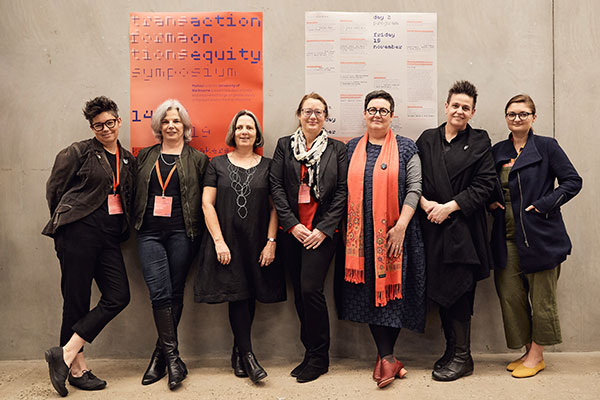
Parlour
Launched in 2012, Parlour is synonymous with gender equity in architecture. Combining research, education, advocacy and engagement, Parlour’s work has led to significant changes in policy, structure and attitudes across the profession in Australia and increasingly around the world.
Activist and advocacy work of Parlour is based on scholarly research developed through the research project Equity and Diversity in the Australian Architecture Profession: Women, Work & Leadership. Other initiatives include: Parlour Guides to Equitable Practice, Marion’s List (an online register of women active in the Australian built environment professions), WikiD: Women, Wikipedia, Design, Transform Symposium, Seasonal Salons, and the most recent research report – Parlour Census Report 2001–2016: Women in Architecture in Australia which extends the mapping of women’s participation in the Australian profession.
Parlour’s research and advocacy led to the development of the Gender Equity Policy for the Australian Institute of Architects and the establishment of the National Committee for Gender Equity which has successfully championed for significant reform across the organisation.
While Parlour has many contributors, most notably it has been led by six women; Naomi Stead, Justine Clark, Julie Willis, Gill Matthewson, Susie Ashworth and Karen Burns. Each has made long-standing and significant contributions to gender equity. Current Parlour office holders also include Alison Cleary and Sarah Lynn Rees.
Parlour’s compelling and wide-reaching projects work to transform architecture into a more equitable and robust profession demonstrating outstanding leadership in gender equity in architecture.
2019 winner
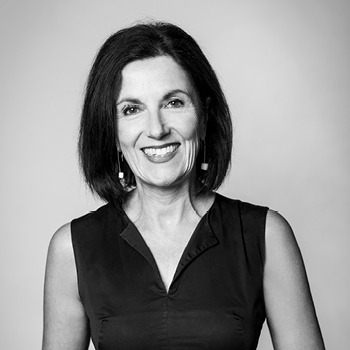
PROFESSOR helen lochhead
‘The jury has awarded the 2019 Paula Whitman Leadership in Gender Equity Prize to Professor Helen Lochhead for her outstanding and determined individual contribution to the advancement of gender equity in architecture, and her leadership across all criteria: contribution to education, research, advocacy, policy development and community engagement.
The first female dean of the Faculty of the Built Environment at the University of New South Wales, Helen has consistently championed the advancement of women through her professional activities over a sustained period. With a reach of more than three thousand staff and graduates, she has used her leadership to actively support women though policy, advocacy and mentorship. In 2017, Helen pledged to ensure 50 percent of leadership roles in the architectural profession would be held by women by 2025; this year, she met this goal within the faculty’s leadership team and advisory council.
Helen’s contribution is exemplified by the UNSW Engaging Women in the Built Environment program, a personal initiative that profiles more than twenty women each year and has connected more than one thousand women in the industry, creating new partnerships and job opportunities.
In her role as New South Wales deputy government architect, she introduced programs to support women to stay in the workforce. As a member of the Australian Institute of Architects / National Association of Women in Construction Mentor Program and through her own private practice, Helen has mentored students, staff and colleagues in Australia and overseas.
Combining her teaching, research, practice and advisory roles, Helen uses her profile to facilitate education opportunities for women in architecture, including establishing scholarships and prizes, and supporting mentoring programs and work placements.
Helen is a most deserving recipient of this 2019 prize, and we congratulate her on this significant recognition.’
– Jury Citation
